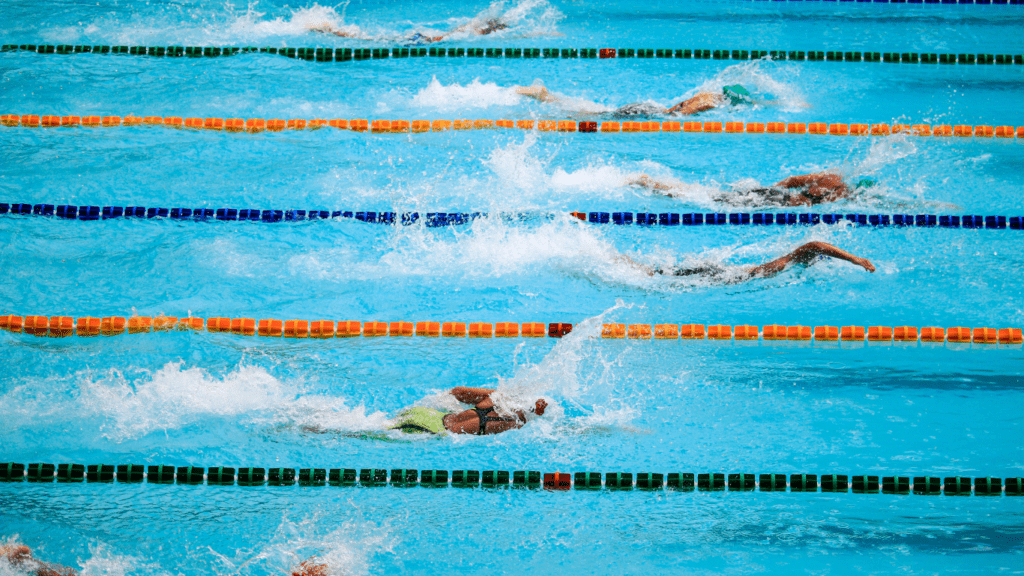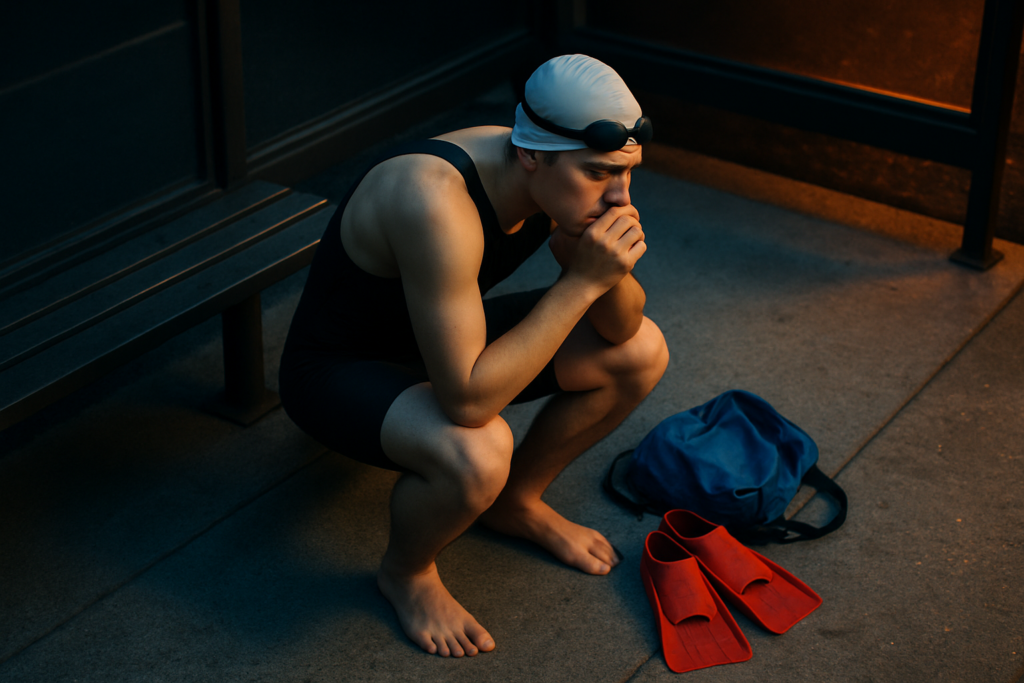Taking your swimming performance to the next level requires more than just physical strength; it demands mental toughness. As a competitive swimmer, I know firsthand the importance of having a resilient mindset in the water. In this article, I’ll share effective mental toughness drills that can help swimmers push past their limits and achieve peak performance.
Swimming is as much a mental game as it is a physical one. By incorporating specific drills into your training routine, you can enhance your mental fortitude and develop the mental resilience needed to excel in the pool. From visualization techniques to positive self-talk strategies, these drills are designed to sharpen your mental focus and boost your confidence when it matters most.
Join me as I delve into the world of mental toughness drills for swimmers and discover how these exercises can elevate your performance and give you the competitive edge you need to succeed in the water.
Understanding Mental Toughness in Swimming
As a swimmer, mental toughness is a key component of achieving peak performance in the water. It’s essential to develop a strong mindset to overcome challenges and push beyond limits. Let’s delve into the significance of mental strength in athletes and how it impacts overall performance.
Importance of Mental Strength in Athletes
In swimming, mental strength plays a crucial role in an athlete’s success. It is the ability to stay focused, resilient, and positive, even when facing intense competition or adversity. Developing mental toughness not only enhances performance in the pool but also helps swimmers deal with pressure, setbacks, and uncertainties effectively.
Impact of Mental Toughness on Performance
The impact of mental toughness on swimming performance is profound. A resilient mindset can make the difference between winning and losing races. When swimmers possess mental fortitude, they can maintain concentration, stay motivated, and handle stress with composure. This leads to improved technique, better race strategies, and overall enhanced performance outcomes in competitive swimming.
Key Components of Mental Toughness

- Confidence and Self-Belief
Confidence and self-belief are foundational aspects of mental toughness for swimmers. It’s essential to cultivate a strong belief in your abilities to navigate the challenges of competitive swimming successfully. By reinforcing positive affirmations and visualizing success in training and races, swimmers can boost their confidence levels and develop unwavering self-belief in their skills. - Resilience and Coping with Pressure
Resilience and the ability to handle pressure play a vital role in mental toughness for swimmers. In the face of setbacks or intense competition, maintaining a resilient mindset is key to bouncing back and staying focused on performance goals. Implementing stress management techniques, such as controlled breathing exercises and mindfulness practices, can help swimmers build resilience and effectively cope with the pressures of high-stakes races.
Essential Mental Toughness Drills for Swimmers
When honing mental toughness for swimming, incorporating specific drills can significantly impact performance. Let’s delve into essential practices that can elevate a swimmer’s mental game.
Visualization Techniques
Visualizing success in detail before a race can prime your mind for optimal performance. By picturing every stroke, turn, and finish with precision, you’re better prepared mentally, enhancing focus and confidence in your abilities.
Goal Setting and Achievement
Setting clear, measurable goals can fuel motivation and drive. Break down overarching targets into smaller, attainable milestones to track progress effectively. Celebrating each achievement boosts morale, and small attention signs, for example, personalized t-shirts for swimmers to mark milestones, can serve as a great reminder of progress, further reinforcing a positive mindset.
Stress Management Practices
Implementing stress management tactics such as deep breathing exercises, progressive muscle relaxation, or mindfulness techniques can help swimmers maintain composure under pressure. Learning to control stress levels enhances mental resilience during competitions.
Implementing Mental Toughness Drills into Training
Incorporating mental toughness drills into daily swimming practices is crucial for unlocking peak performance potential. Integrating these drills seamlessly can significantly enhance a swimmer’s mental resilience and competitive edge.
Integrating Drills in Daily Practices
I prioritize integrating mental toughness drills seamlessly into my daily swimming routines. By incorporating visualization techniques, goal setting strategies, and stress management practices into each practice session, swimmers can enhance their mental fortitude and focus. Consistency in implementing these drills is key to reinforcing mental toughness and ensuring its effectiveness in high-pressure situations.
Measuring Mental Strength Development
Monitoring mental strength development is vital to track progress and optimize training strategies. Utilizing tools like performance journals, feedback from coaches, and self-assessment techniques can provide valuable insights into the effectiveness of mental toughness drills. Regular assessments help identify areas for improvement, celebrate successes, and adjust training plans to continuously enhance mental resilience and performance outcomes.

Kiara Field
is a dedicated fitness enthusiast with a deep-seated passion for swimming and holistic health. Leveraging her extensive background in competitive swimming and personal training, she provides readers with expert advice on optimizing their workouts and enhancing their overall well-being. Info-circle


 is a dedicated fitness enthusiast with a deep-seated passion for swimming and holistic health. Leveraging her extensive background in competitive swimming and personal training, she provides readers with expert advice on optimizing their workouts and enhancing their overall well-being. Kiara's writing stands out for its blend of motivation and practical tips, making complex fitness concepts accessible and actionable. She is committed to helping individuals of all levels reach their fitness goals by promoting a balanced approach to exercise and nutrition. In her articles on Swim Fast Stay Fit, Kiara shares her personal experiences, training techniques, and strategies for overcoming common fitness challenges, inspiring others to lead healthier and more active lives.
is a dedicated fitness enthusiast with a deep-seated passion for swimming and holistic health. Leveraging her extensive background in competitive swimming and personal training, she provides readers with expert advice on optimizing their workouts and enhancing their overall well-being. Kiara's writing stands out for its blend of motivation and practical tips, making complex fitness concepts accessible and actionable. She is committed to helping individuals of all levels reach their fitness goals by promoting a balanced approach to exercise and nutrition. In her articles on Swim Fast Stay Fit, Kiara shares her personal experiences, training techniques, and strategies for overcoming common fitness challenges, inspiring others to lead healthier and more active lives.
